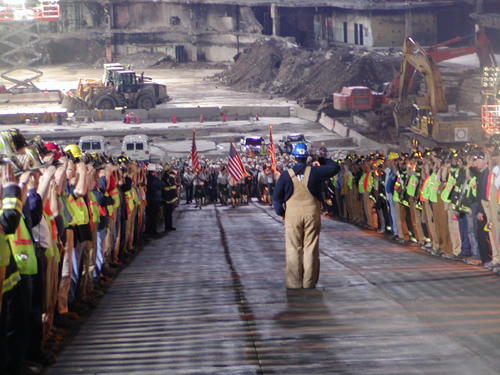
We will remember the 2,977 people from more than 90 nations who were killed as a result of the horrific terrorist attacks on September 11, 2001. More than 400 of them were people who responded first to the attacks.
Dr. Benjamin J. Luft, a native New Yorker, began treating responders who survived the September 11 attacks for medical and psychological needs. Deeply moved by the experiences of these American heroes, Ben was instrumental in establishing the World Trade Center Medical Monitoring and Treatment Program at Stony Brook University Medical Center to focus more research and study on their physical and emotional issues. He began interviewing the responders as a part of their treatment. The impact of these interviews became the impetus for the production of an oral history as a book: We’re Not Leaving: 9/11 Responders Tell Their Stories of Courage, Sacrifice, and Renewal, and also as a film: 9/11: An American Requiem. In many ways and on many different levels, this body of work continues to support, educate and inspire all those who experience it. On the 11th anniversary of 9/11, as we all remember our tragic loss, I asked Ben to share his thoughts and reflections.
In addition to being an author and a filmmaker, Dr. Benjamin Luft is the Edmund D. Pellegrino Professor of Medicine at SUNY Stony Brook. He is an internationally acclaimed scientist and expert in the treatment of Lyme disease and AIDS-related conditions. Involved in many of the early studies of Lyme disease, he identified the genome sequence of 13 different strains of the bacterium Borrelia burgdorferi, the causative agent of Lyme disease. This discovery has contributed to a much deeper knowledge of the disease and paved the way for the development of a vaccine to fight it.
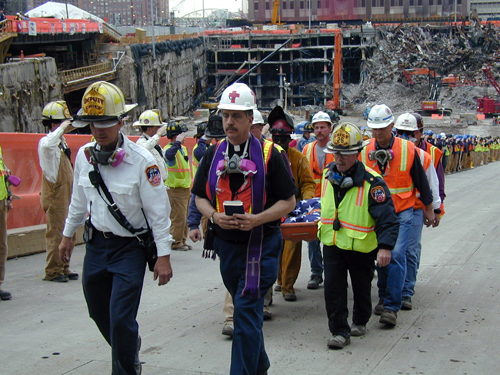
Can you update us on your book, your film, and the World Trade Center Medical Monitoring and Treatment program at Stony Brook University?
The primary mission of our program is to monitor the health and wellbeing of those who responded and were exposed to the World Trade Center disaster, and to provide care for all conditions related to such exposure. We follow 6,000 patients across Long Island, and have recently expanded to Brooklyn. Empirically, it quickly became apparent that physical and mental health in the responders were intimately related to one another and we therefore developed a unique, collaborative model that replaces the traditional separation of medical, psychiatric and social services with an integrated delivery of care. This premise has formed the basis not only of the way in which we deliver care, but of our research program as well. We have now demonstrated not only that mental and physical health are related to one another, but that post-traumatic stress may actually act as a cofactor and mediate physical disease. This may mean that, in patients with concomitant physical and mental health problems, treatment of the physical condition is dependent on control of the psychiatric condition. We are now studying the physiologic, biochemical and genetic basis for this relationship.
The complexity of the clinical disease arose from its origin in the extraordinarily toxic exposure to the environmental disaster of 9/11. This formed the basis of a seminar course for medical students that dissects the multidimensional nature of the event. We examine the physical, environmental, psychological, medical, sociological, religious and economic impact, and how these factors drove the nature of the response. The stories of specific responders serve as springboards for our discussions of these various dimensions. This was the derivation of our oral history project, the video recordings, the book, We’re Not Leaving: 9/11 Responders Tell Their Stories of Courage, Sacrifice and Renewal, and the film, 9/11: An American Requiem. The oral histories that we collected will be archived at the Library of Congress.
Our book and film reflect deeply personal and unique perspectives. They are meant to be individual accounts, in responders’ own voices, expressing their individual motivation and sacrifice in responding to 9/11. They were created to help us understand the human impact of the World Trade Center disaster and encourage us all to recover. In our most recent interviews, we are now exploring the human cost of such sacrifice, its long-term impact on the responders and their family, and the manner in which society responds to their needs. The book is available on Amazon, and the film is available at our center and is being shown at small theaters, libraries, and community centers. The film and videos are being used as part of a library and school program to educate the community on the impact of 9/11.
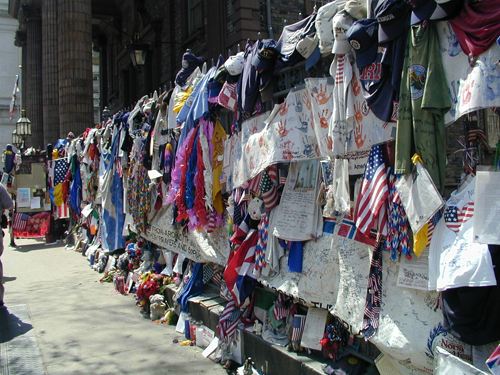
You have always felt the need to create a visual archive for educating future generations. What values do you believe students and educators can gain from this archive?
The responders tell their story of arriving at the site of 9/11 and facing constant danger, human carnage, and toxic dust. They speak of their actions and motivation to respond in the face of an extraordinary act of terror. They are humble, but one senses their courage from their actions. They are unabashed in speaking of their foibles and weaknesses; their altruism, patriotism, loyalty and sense of community provide them with the strength to carry on. They are simple and frank. Although their voices are filled with sorrow and pain, there is little bitterness. They celebrate one another. They are a testimony to the human spirit’s ability to transcend unimaginable horror and still maintain its integrity and humanity.
The stories in the archive touch upon the values and essence of humanity that have been taught by every great civilization and religion; they speak of our interdependence with one another. Although they were surrounded by death, destruction, and desperation, responders nevertheless tend to remember most vividly a positive sense of purpose, their embrace of one another into a brotherhood. The responders’ stories are intricately related to those they are rescuing. Hearing these stories, we are first touched by the events, we cry and empathize with the responders, we too feel a sense of comraderie. However, before too long, we begin to question our own understanding, values and presuppositions. These stories allow us to bear witness to the events of 9/11 and ultimately aid us in the healing that is needed as a result of such evil.
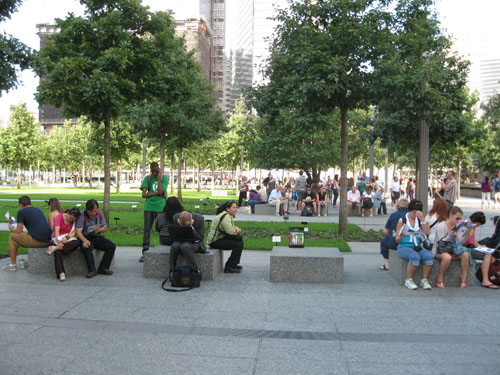
Your video interviews involved limited editing, allowing us to hear the voices of the responders in as real a way as possible. Why was this video treatment important to you?
The manner and conditions that our interviews were conducted in are uncommon and uniquely suited to eliciting a frank, deeply personal and intimate discussion. They are performed in my office at the World Trade Center Health Program on Long Island, where the responders have been receiving health care for years by interviewers who have done their best in helping responders come to terms with the disaster and its effects. The result is that the responders’ stories are powerful. Their sentences are short, their language is simple, direct and highly descriptive. As much is learned from their non-verbal language – their pauses, their loss of words, their emotional outpouring – as from the words themselves. There was no need for the interviewer to insert himself. It would only detract from this extraordinary testimony.
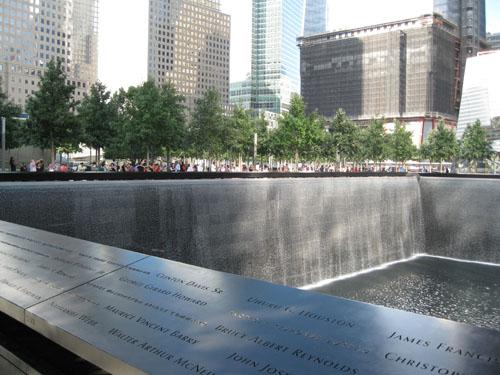
Another reason that only minimal editing was appropriate was that the interviews themselves took on a confessional quality. We discovered that, in addition to its historical contribution, participation in this project had a profound impact on the responders themselves. It gave them the opportunity not only to recollect the events from their own past, but also to share with us their considered views on the event itself and the societal response. It was important to me that we make a conscious effort to avoid sentimentality and partisanship.
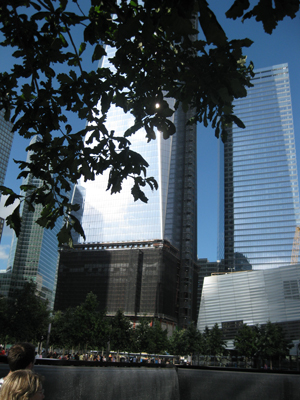
Eleven years after 9/11, any final reflections that you would like to share with us?
What has become evident to me is that the response to 9/11 was more pivotal than the event itself. This is not to minimize the truly heinous character of this terrorist attack, but such evil has repeatedly reared its ugly head throughout human history. What is variable is the response. So many of the responders chose to act in a truly heroic and altruistic manner, with a deep commitment to their colleagues, their community, and their nation. In the days immediately following the tragedy, we so often heard, “the United States was one.” Ironically, in the midst of the turmoil that the responders were experiencing, the responders felt a certain peace of being in sync with one another, working for a common purpose. Since then, this unity has become fragmented and the toxic impact of 9/11 continues to fester, even eleven years later. Although the main mission of our clinic is to care for the physical and psychiatric illnesses resulting from 9/11, delivering such care has become inextricably linked to the important question of how to transition the responders from physical and psychological trauma back to a normal life. In many respects, we have come to the conclusion that this healing requires not only that the responders’ symptoms be ameliorated, but also that the greater society come to grips with the trauma of 9/11. The completion of the new World Trade Center and its deeply moving memorial will be significant steps in this process.
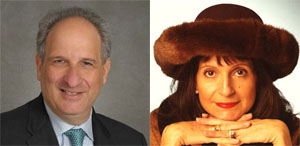
Photos courtesy of Dr. Benjamin Luft and C. M. Rubin.
In The Global Search for Education, join me and globally renowned thought leaders including Sir Michael Barber (UK), Dr. Michael Block (US), Dr. Leon Botstein (US), Professor Clay Christensen (US), Dr. Linda Darling-Hammond (US), Dr. Madhav Chavan (India), Professor Michael Fullan (Canada), Professor Howard Gardner (US), Professor Andy Hargreaves (US), Professor Yvonne Hellman (The Netherlands), Professor Kristin Helstad (Norway), Jean Hendrickson (US), Professor Rose Hipkins (New Zealand), Professor Cornelia Hoogland (Canada), Mme. Chantal Kaufmann (Belgium), Dr. Eija Kauppinen (Finland), State Secretary Tapio Kosunen (Finland), Professor Dominique Lafontaine (Belgium), Professor Hugh Lauder (UK), Professor Ben Levin (Canada), Lord Ken Macdonald (UK), Professor Barry McGaw (Australia), Shiv Nadar (India), Professor R. Natarajan (India), Dr. Pak Tee Ng (Singapore), Dr. Denise Pope (US), Sridhar Rajagopalan (India), Dr. Diane Ravitch (US), Sir Ken Robinson (UK), Professor Pasi Sahlberg (Finland), Andreas Schleicher (PISA, OECD), Dr. Anthony Seldon (UK), Dr. David Shaffer (US), Dr. Kirsten Sivesind (Norway), Chancellor Stephen Spahn (US), Yves Theze (Lycee Francais US), Professor Charles Ungerleider (Canada), Professor Tony Wagner (US), Sir David Watson (UK), Professor Dylan Wiliam (UK), Dr. Mark Wormald (UK), Professor Theo Wubbels (The Netherlands), Professor Michael Young (UK), and Professor Minxuan Zhang (China) as they explore the big picture education questions that all nations face today. The Global Search for Education Community Page
C. M. Rubin is the author of two widely read online series for which she received a 2011 Upton Sinclair award, “The Global Search for Education” and “How Will We Read?” She is also the author of three bestselling books, including The Real Alice in Wonderland.


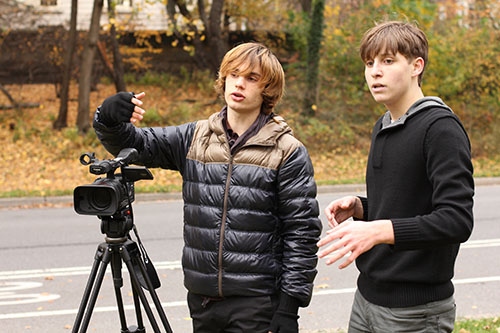
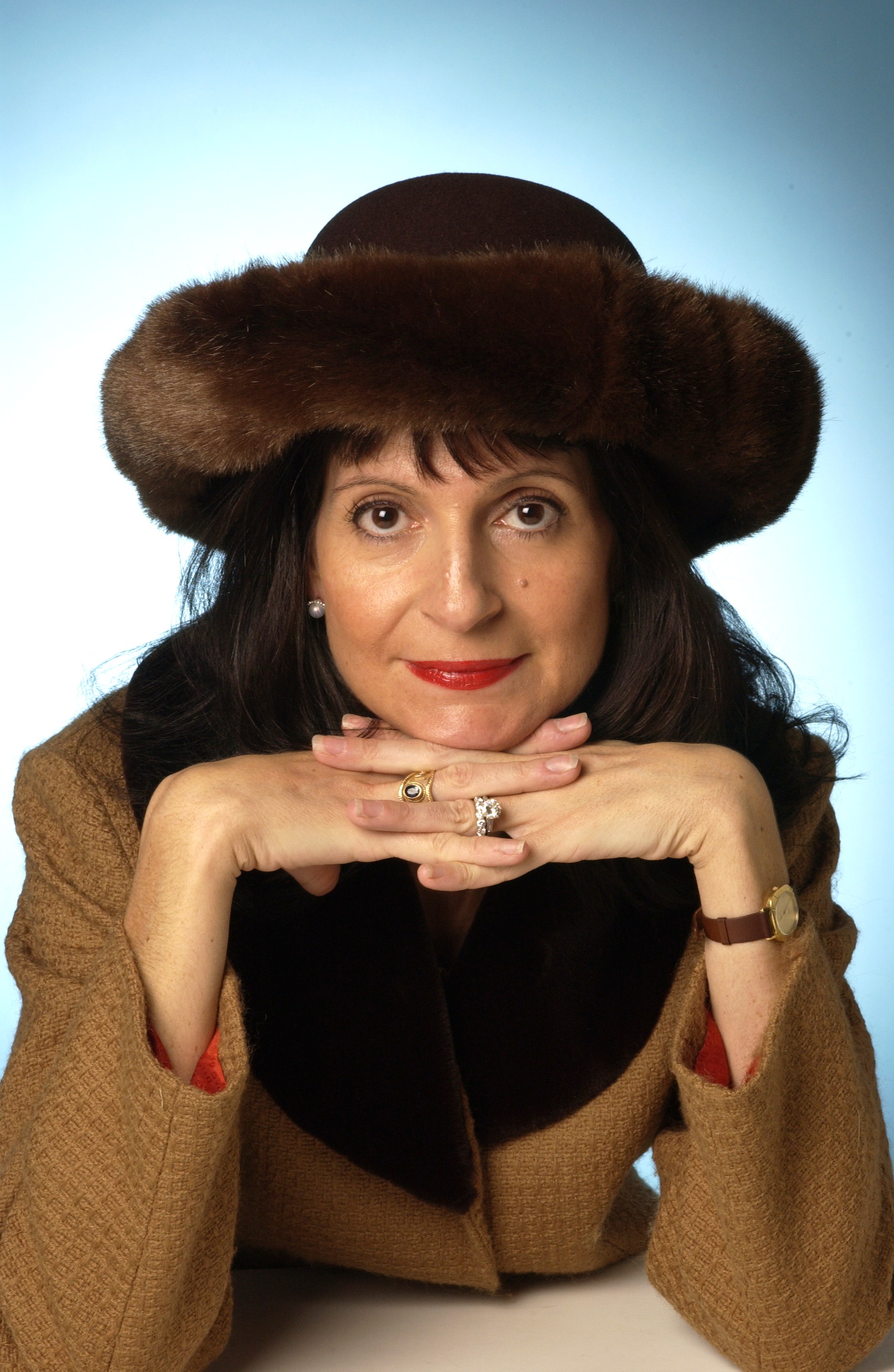
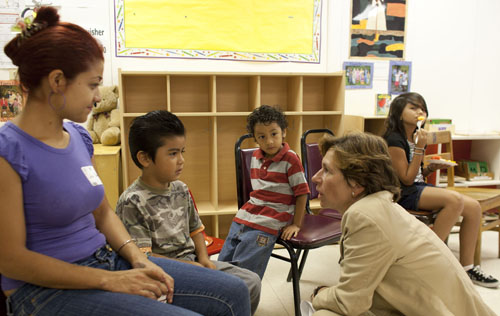
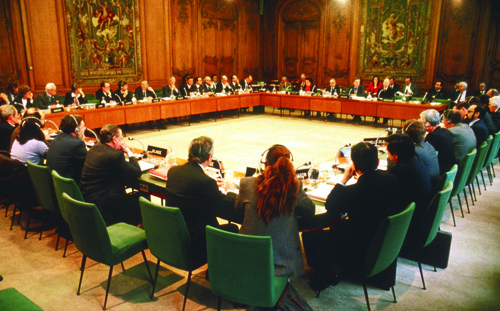
Recent Comments